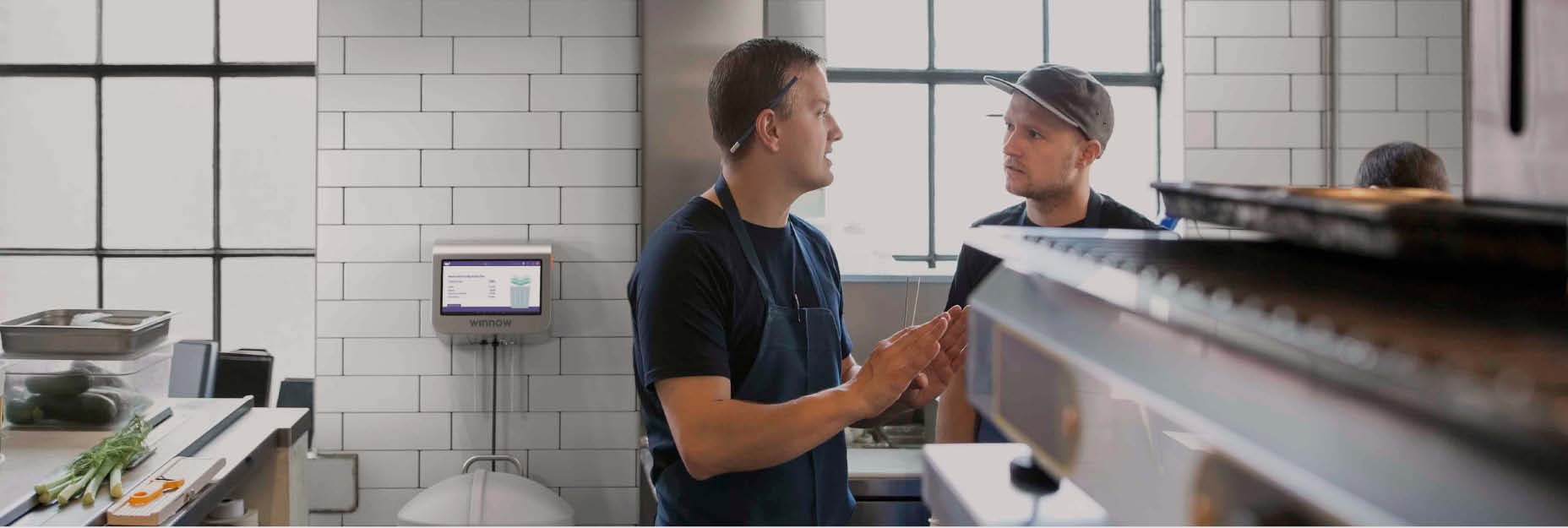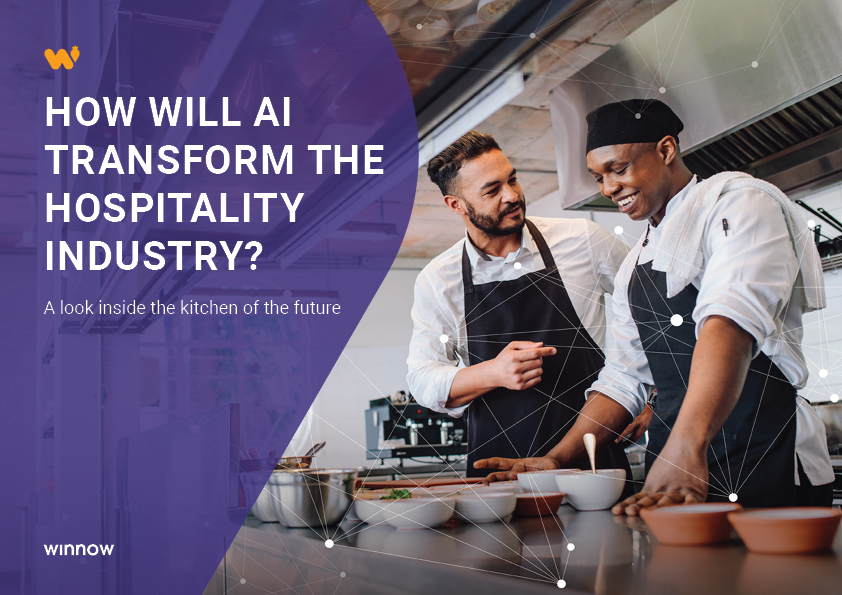There is no doubt about the enthusiasm entrepreneurs, investors, and governments around the world have for artificial intelligence (AI).
Venture capital funding of AI companies hit an all time high in 2018, soaring 72% to a total of $9.3 billion. However, many of us struggle to pinpoint where AI is providing concrete financial or environmental value (click here if you want to read about how AI is helping the environment too).
Aside from autonomous vehicles and website bots, where is clear financial value being created from AI?
The aim of this blog is to illustrate the financial advantage of adopting AI across a number of industries with 5 clear examples. These are AI use cases in agriculture, hospitality, retail, construction, and art that show how AI can return financial value.
1. Blue River’s AI can reduce herbicide use by $3 billion globally
As the demand for food has increased, so has our reliance on herbicides to protect crop yields. Since W.G Templeman discovered and synthesized the first herbicide in 1940, the industry has grown to a $28 billion market.
However, the approach to applying herbicide to entire fields of crops remains incredibly inefficient, expensive, and often pollutes our water supply.
Blue River’s AI technology - See & Spray - uses image recognition technology to distinguish a crop and what is a weed, and injects a micro-dose of herbicide into the weed to kill it. This means that far less herbicide is used in the process, reducing herbicide expense by up to 90 percent.
For farmers previously spending a quarter-million dollars a year on herbicides, Blue River are able to reduce that expense by $200,000.
As this technologies scales around the world in the future, See & Spray can reduce the world’s herbicide use by around $3 billion pounds if an 80 percent reduction is met.
2. Construction companies save thousands through wireless sensors
One of the challenges that has always plagued the construction industry is keeping projects to schedule. As schedules run over by weeks and months, costs soar and the chances of winning the next projects diminish.
Converge’s technology - applicable to high-rise towers that occupy our skyline, or the tunnels beneath our feet - helps to solve this problem. Through their wireless sensors linked to the cloud, the construction team on the ground are alerted when the next phase of building work can commence, helping to streamline and plan projects more efficiently.
This technology provides a significant, quick, and clear return on investment. The existing process of assessing when concrete is ready is slow and manual, causing delays on when work can be completed.
Converge’s solution automates the data collection of when concrete is ready, helping to streamline the process and improve efficiency.
For example, Converge were hired to work on a project within a university building in South London on track to be delivered 10 weeks late. With the help of Converge’s sensors, the project progressed faster and the client dropped all late penalties for the project.
For an investment of £35,000, the contractor saved between £1-2 million, and have improved chances of winning more projects in the future.
- Food waste AI saves hospitality businesses $30m annually
Food waste costs the global economy $1 trillion annually, and Winnow estimates that $100 billion of this waste comes from the hospitality industry.
Food waste is an enormous financial opportunity for businesses. By implementing food waste technology, hospitality businesses can increase the profitability of their food offering by 2-8%. This is a helpful buffer in an industry with notoriously tight margins.
As an item of food is thrown away in a commercial kitchen, Winnow’s AI captures the image and identifies the food. The weight of the transaction is linked to the scale that sits beneath the bin.
The data is aggregated and shared with the kitchen team to enhance their operation in the future. So far, this approach has been adopted by leading hospitality brands all over the world.
Together, businesses that use Winnow save more than $30m from food waste reduction each year.
Winnow’s ambition is to scale this impact considerably, setting a target of reducing food waste by $1 billion by 2025.
4. Machine learning driven pricing increases profits for supermarket by 6.3%
Another prominent player in the field of AI and food waste is Wasteless. Their proprietary pricing engine uses a subset of machine learning - Reinforcement Learning - to set dynamic pricing on discounted products that are soon going out of date.
The model adapts to how consumers respond to this pricing to identify the optimal discount level, crucially reducing food waste within the stores that saves money on waste collection, reduces out-of-stock products, and increases revenue.
A leading Spanish retailer began working with Wasteless in 2017 and after completing the pilot, saw revenue increase by 6.3% and food waste decrease by 33%.
As you may expect, the pilot confirmed that customers prefer discounted products, and offers a solution to retailers all around the world that are looking to reduce their waste products.
5. AI artwork Sells for $432,500
The last example of financial value from AI is different in nature to the previous four examples. This example of AI does not increase efficiency or tackle an environmental issue. Instead, this is an example of how AI can create financial value for businesses selling to consumers.
In 2018, a piece of artwork created by Obvious Art - a collective of artists and AI researchers based in France - sold for $432,500.
This is the most anyone has paid for a piece of AI created art, and indicates how AI is diffusing into our culture as well as our business environment.
In the medium term future, the value of investing in cutting-edge AI technology will continue to be underestimated until the financial use cases of AI become more common.
In all likelihood, the companies that understand the unique skills and capability that AI can offer will capitalise on these transformative new technologies and cut a clear advantage between the competition.









Comment on my blog